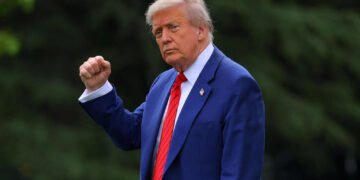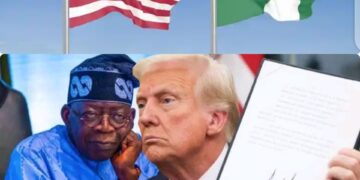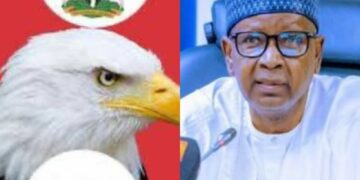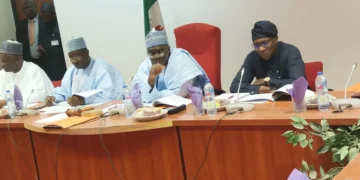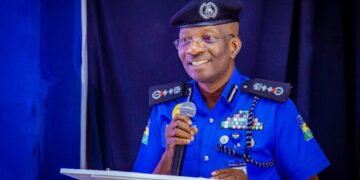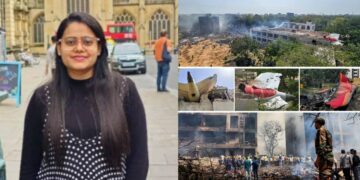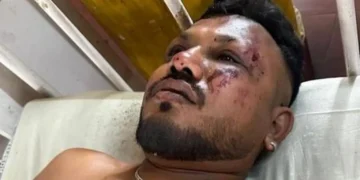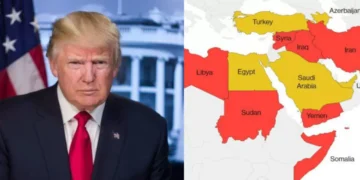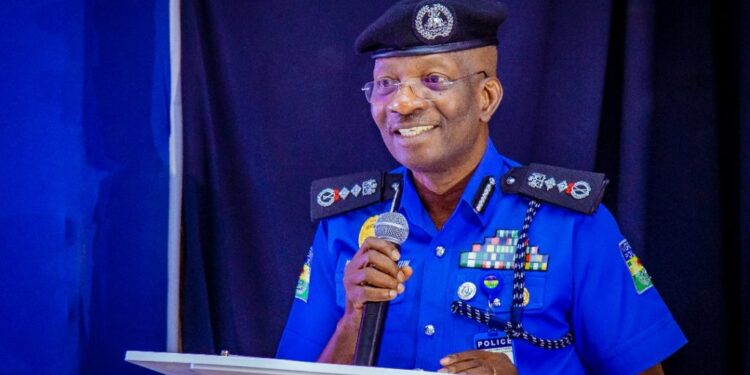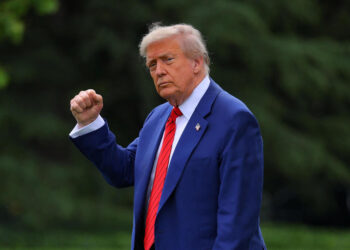The Inspector-General of Police, Kayode Egbetokun, has refuted claims that security agencies manipulate election outcomes in Nigeria, insisting such allegations are baseless and unfair.
Speaking at the third National Democracy Stakeholders Summit in Abuja on Monday, Egbetokun stated that the police remain impartial actors during electoral exercises, with no role in determining or influencing vote counts.
Represented by the Commissioner of Police for the Federal Capital Territory, Adewale Ajao, the police chief clarified that the role of officers during elections is strictly limited to maintaining order and securing the process.
“The idea that the police are involved in rigging is pure imagination.
“We are not partisans—we are not umpires. We don’t count votes; we only monitor the process while INEC does the collation,” Egbetokun said.
The remarks come amid lingering controversies from the 2023 general elections, where both the opposition and the ruling All Progressives Congress accused each other—and election stakeholders—of complicity in widespread irregularities.
Egbetokun stressed that the police are constantly working to build professionalism through collaboration and capacity-building.
“We have renewed inter-agency synergy, including with INEC, civil society organisations, and the media.
“Our officers are undergoing continuous training to keep them aligned with democratic standards. I believe the results are becoming evident in off-cycle elections,” he said.
‘Arming citizens’ll worsen insecurity’
Egbetokun also addressed growing calls for the Federal Government to grant citizens the right to bear arms, warning that such a policy would escalate violence rather than curb it.
“You can’t solve violence with violence.
“The solution lies in dialogue, tolerance, and mutual surveillance. Armed citizenry will only compound our security challenges,” he said.
He emphasised that Nigeria must learn from the experiences of other countries where such policies have failed to bring peace.
“Insecurity is a global crisis, and Nigeria is having its fair share. The answer is collaboration—not more weapons on the streets,” he added.
In his presentation at the summit, the Chairman of the Proponent Council of the Nigeria Democracy Stakeholders Group, Dr. Kletsaint Akor, warned that democracy in Nigeria cannot thrive without electoral legitimacy.
He noted that while the introduction of technologies like BVAS and electronic transmission of results were meant to improve credibility, lapses in implementation during the 2023 elections undermined public trust.
“Elections are not endpoints; they are entry points.
“Without electoral legitimacy, governance becomes performative rather than productive. We must institutionalise reforms—granting INEC funding autonomy, ensuring transparent appointment of commissioners, and enforcing consequences for malpractice,” Akor said.
Meanwhile, the Secretary to the Government of the Federation, Senator George Akume, lauded Tinubu’s administration for initiating tough reforms despite turbulent economic conditions and public expectations.
Akume, represented by Nadungu Gagare, Permanent Secretary for Economic and Political Affairs, said the mid-term review should not be seen as a ceremonial ritual but a democratic exercise in transparency and accountability.
“In just two years, this administration has prioritised reforms across critical sectors.
“These interventions are laying the foundation for long-term national stability and inclusive growth,” he said.
PUNCH.


